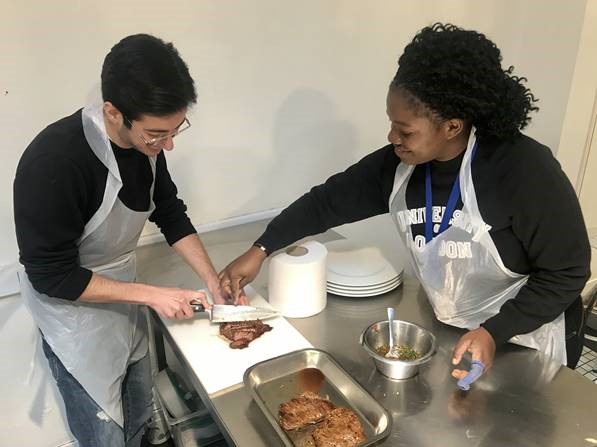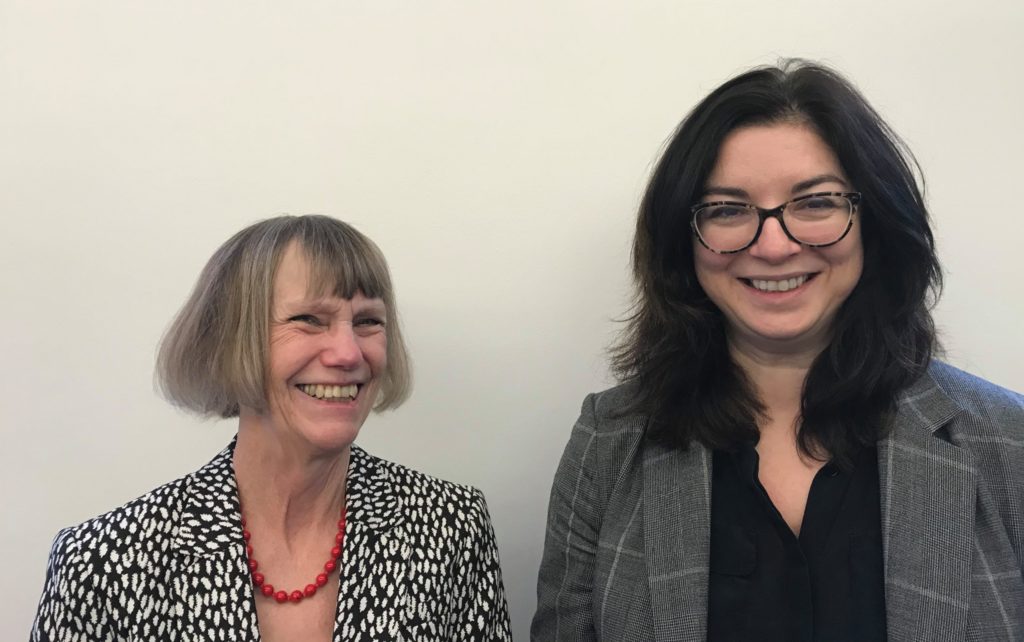Dr Gail Kinman, Visiting Professor of Occupational Health Psychology introduces a series of webinars to support organisations and their employees through the COVID19 pandemic and beyond.
The Covid19 pandemic is having a major impact on the way that we live, and how and where we work. For many people, it has been a time of setbacks and loss as businesses close, redundancy looms, and the effects of inequalities become ever more apparent. The post-pandemic future is uncertain, and little is yet known about its long-term implications for individuals and organisations. It is therefore crucial to help organisations and individuals maintain health and wellbeing during the pandemic and beyond and to encourage policy makers to consider how to meet the key challenges they are facing.
Public Health England have commissioned a series of seven webinars and associated resources to support organisations and employees by providing practical guidance on key issues of concern during these challenging times. With the Society of Occupational Health, I have been commissioned to organise these webinars and prepare follow-up briefings. The project is guided by a steering group that includes leading experts and employers’ organisations.
The webinars are free of charge and designed to support employers and employees from businesses large and small; professionals working in health and social care, public health, occupational health, and human resources; the community and voluntary sector; and policy makers. The webinars are, however, open to everyone who has an interest in work and wellbeing. We have attracted a wide range of high-profile speakers from organisations such as MIND, the Chartered Institute of Personnel and Development, Business in the Community, the British Psychological Society, the Health and Safety Executive, the Centre for Better Ageing and the Carnegie Trust and there will also be presentations from leading academics working in the field of work and wellbeing.
Upcoming webinars:
- 28 January 2021 (2 – 3.30 pm) Refreshing your approach to workplace diversity and inclusion post 2020
- 4 February 2021 (2 – 4pm) Managing job insecurity and creating better quality work
- 11 February 2021 (2 – 4pm) Managing stress, burnout and fatigue in health and social care
- 24 February 2021 (2 – 4pm) Promoting workplace health and wellbeing during the pandemic and beyond
- 3 March 2021 (2 – 4pm) Developing a COVID-secure health and wellbeing strategy
- 10 March 2021 (2 – 4pm) Managing change – from restricting and redundancy to implementing home working.
Our first webinar, ‘Support for business to build back better: the benefits of age diversity’ was held on 21 January, attracting around 120 people from a range of sectors and with very positive feedback from attendees. Watch a video recording of the event on YouTube.
We look forward to seeing you at the forthcoming webinars. More information on each webinar and booking can be found on the Society of Occupational Medicine website.
Further Information:




